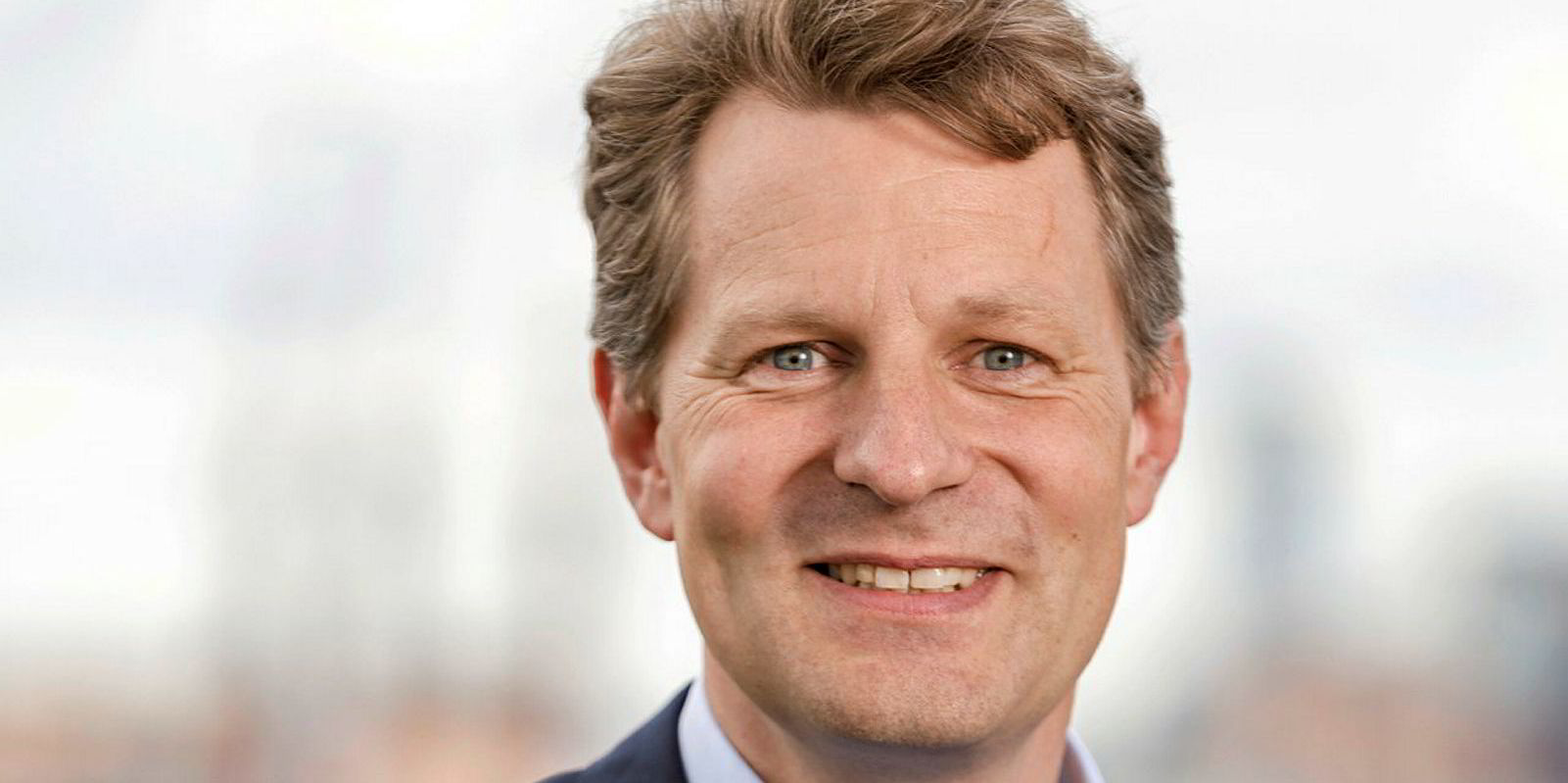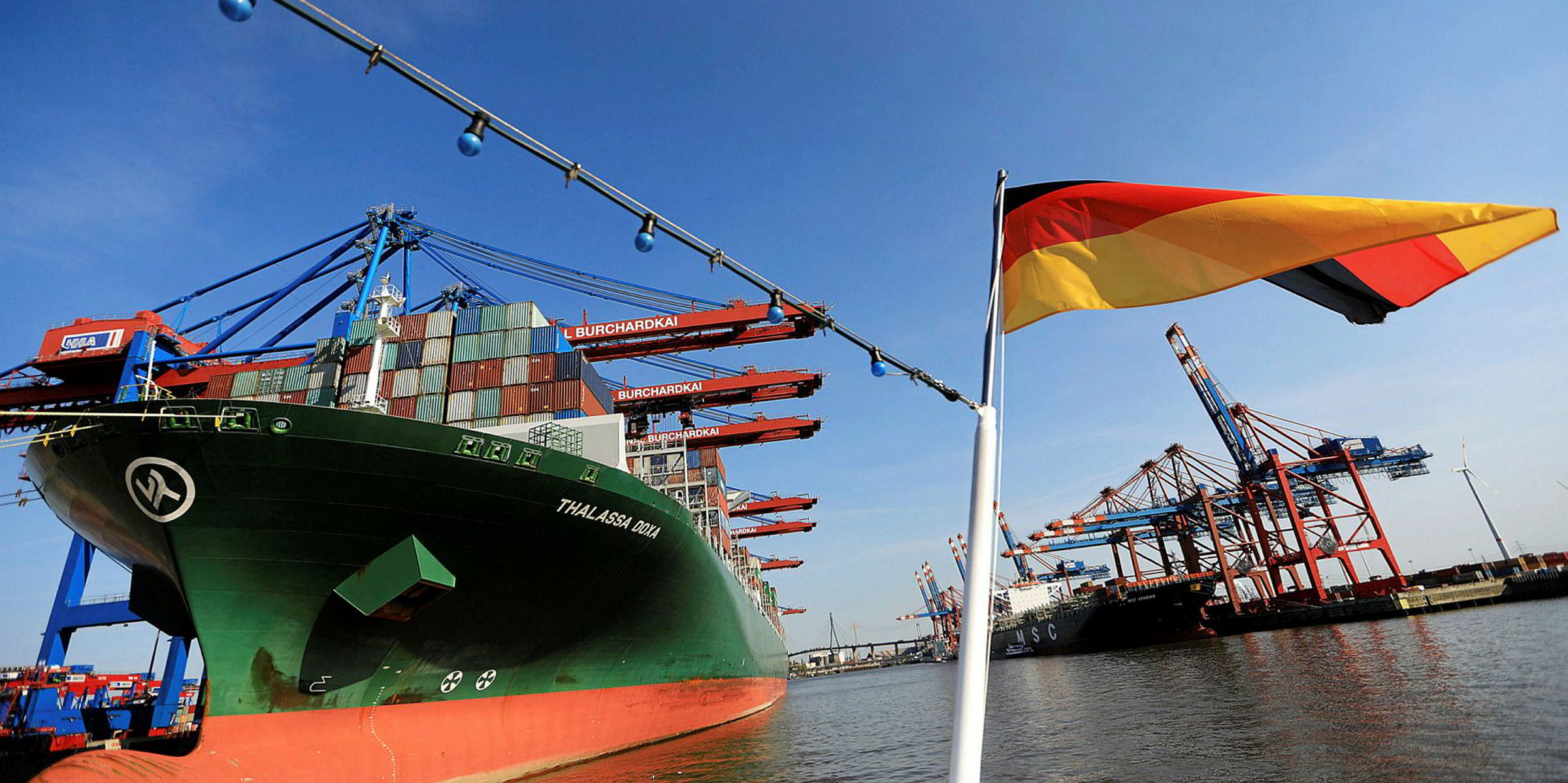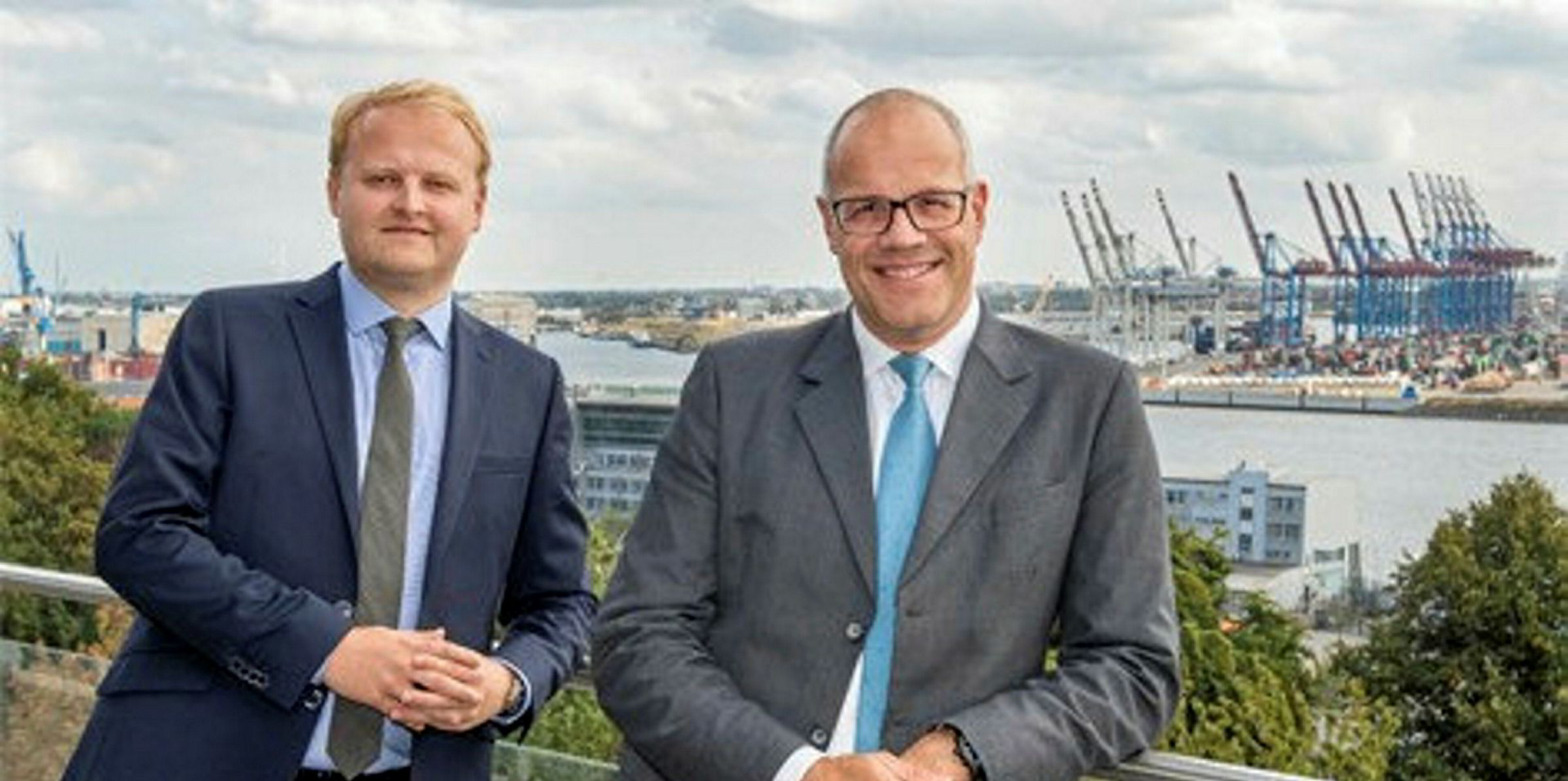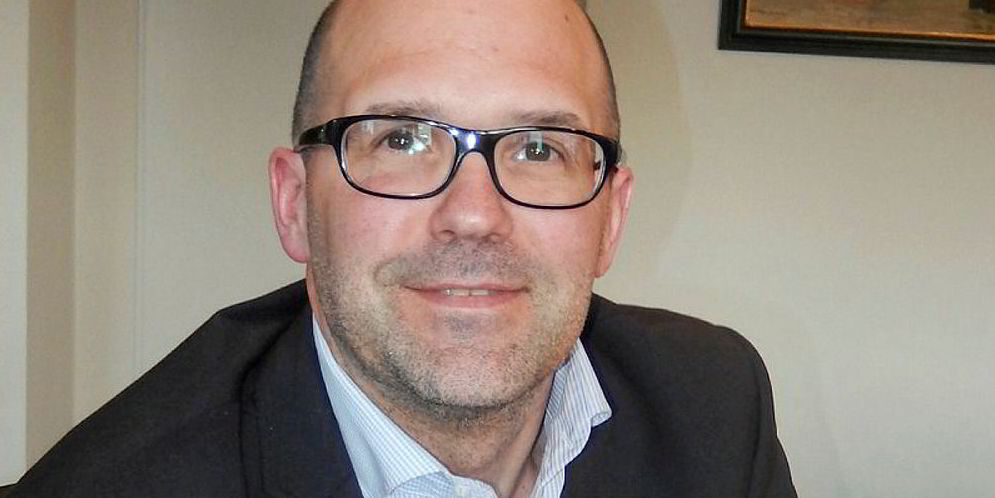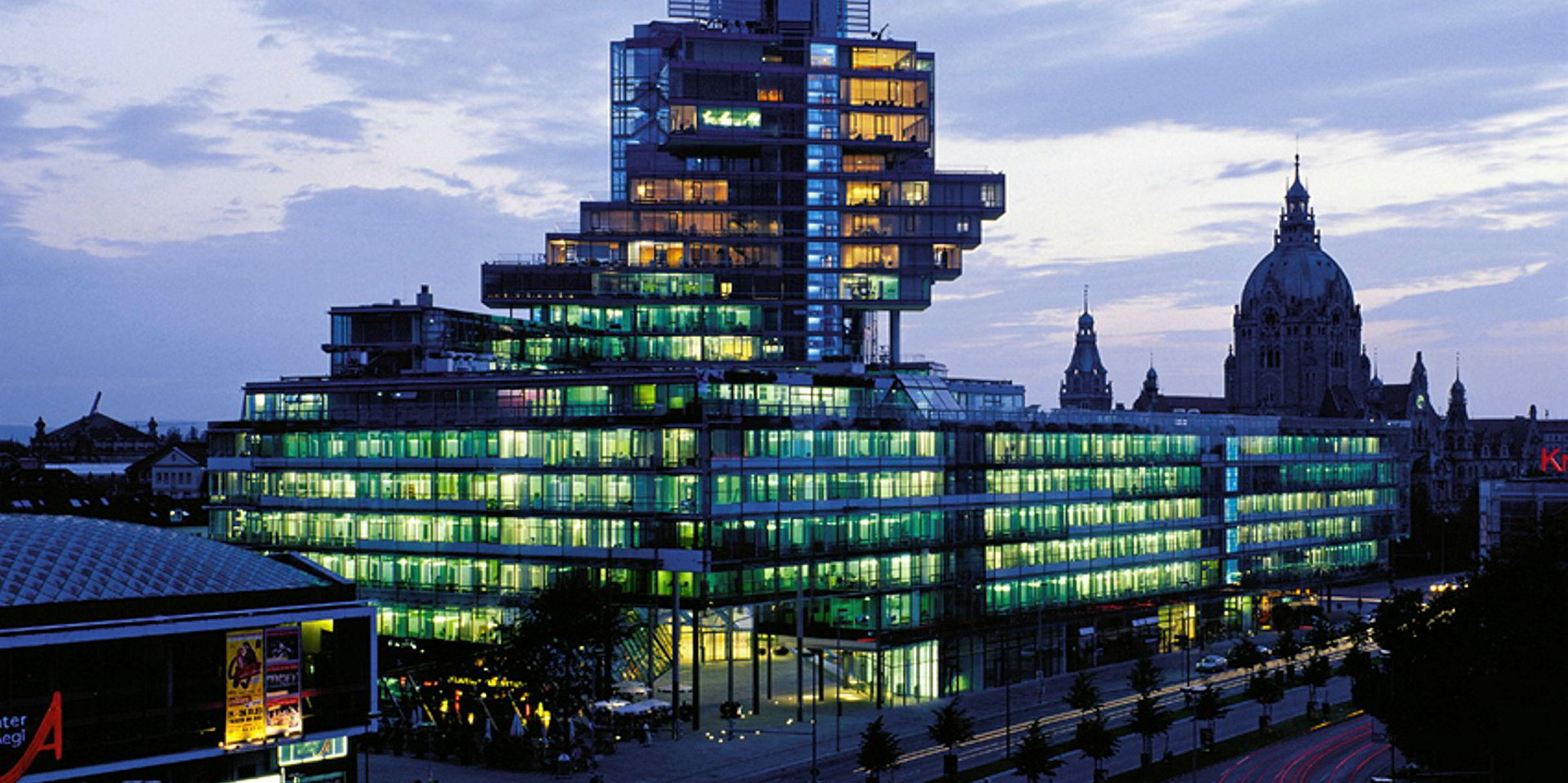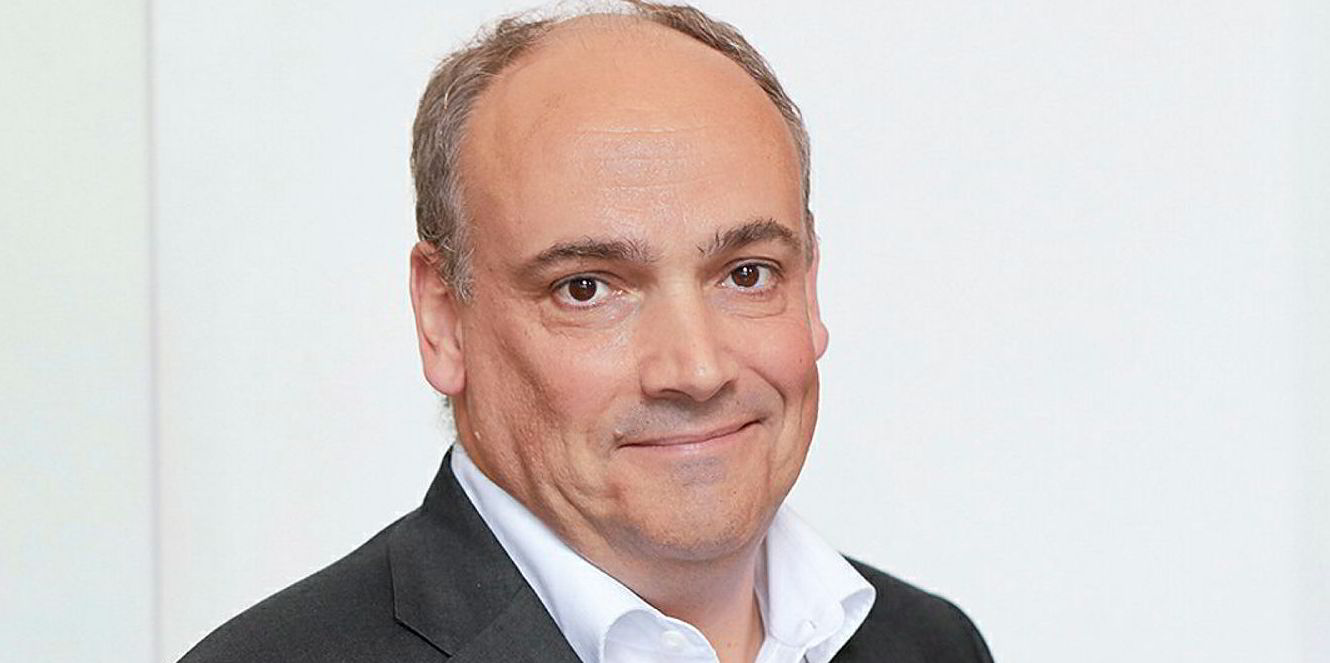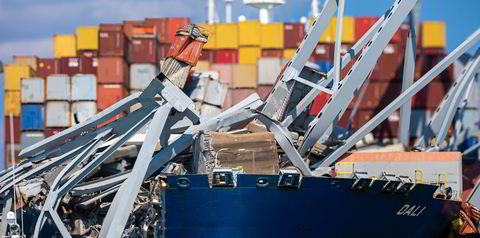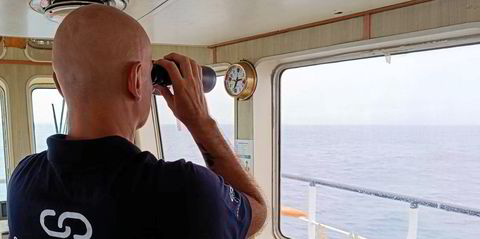Germany has weathered a decade-long crisis to remain a dominant force in the containership sector.
It retains influence thanks to a handful of chartering entities that are jointly responsible for commercial control of almost 900 ships. Lumped together, shipbrokers — including Blue Net Chartering, Hanseatic Unity Chartering, Harper Petersen, Arkon Allied Container and Ernst Russ Shipbroker — are working to ensure that Hamburg remains the market's centre of activity.
Other factors helped.
Hamburg is home to the fifth-largest liner operator — Hapag-Lloyd — which has doubled in size in the past six years.
Charterer heavyweight
The city is also the base of the third-largest containership charter owner, the Offen Group, which has some 45 post-panamaxes in its fleet.
And Hamburg remains a leading centre for shipmanagement. It is no coincidence that the world’s largest shipmanager — V.Ships — has opted to make Germany the hub of its ambitions in the sector.
But it is in the commercial control of boxship chartering that the German market is still a heavyweight.
German owners account for the largest proportion — 28% — of capacity of the charter-owned fleet of 2,354 vessels of 9.98m teu, according to Clarksons.
Although massively down from its peak of 69% in 2012, it is still ahead of Greek, Japanese and Canadian owners and Chinese lessors.
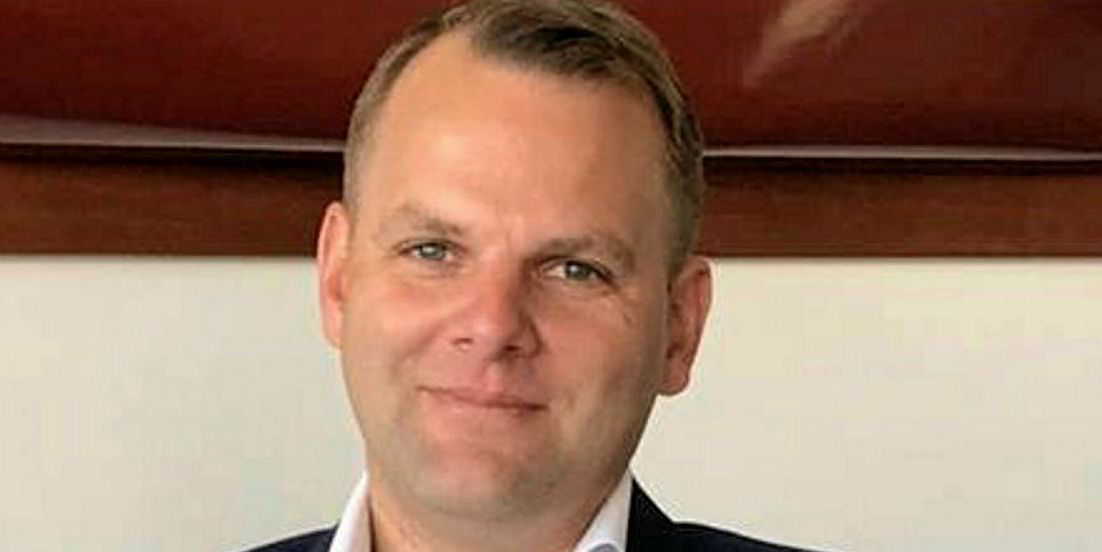
This is no mean feat as hundreds of vessels have been sold by German banks, and Asian chartering is growing in importance.
German owners and brokers argue consolidation was vital after liner operators merged into giant conglomerations — Ocean Alliance, THE Alliance and 2M Alliance — that effectively left shipowners with just three charterers.
“I think the consolidation was a necessary step,” said Mirco Erdtmann, managing director of container chartering, sale and purchase and projects at Hanseatic Unity.
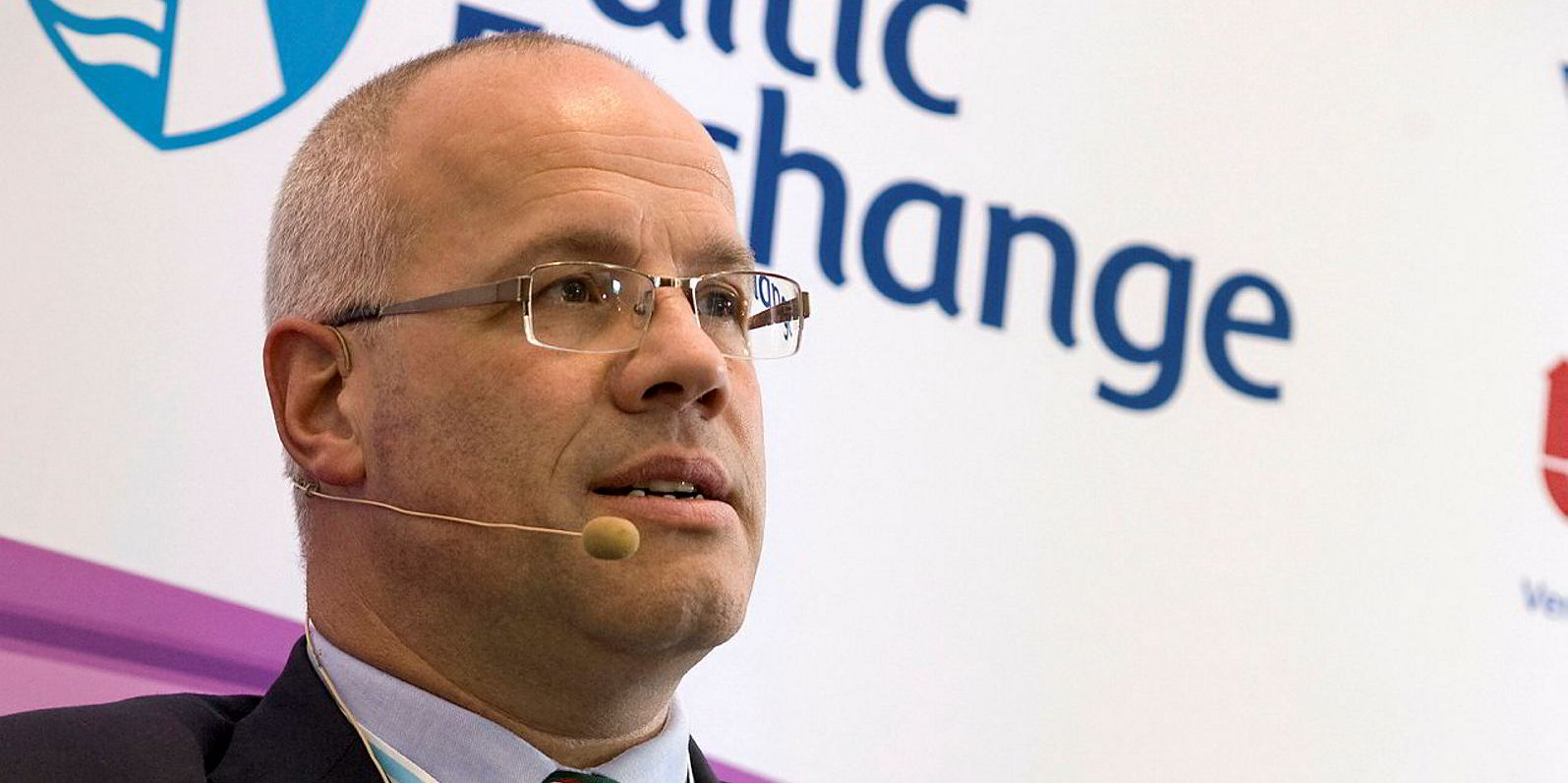
His company controls a fleet of 213 containerships from 700 teu to 9,400 teu for shipowners Asiatic/Atlantic Lloyd, Borealis Maritime, Leonhardt & Blumberg, Reederei Nord GmbH and Bernhard Schulte GmbH & Co.
But Erdtmann doubts the market will undergo much more consolidation in Germany.
"I don't think there's going to be the creation of a German Chartering Inc,” he said.
“If we see consolidation and growth, it’s probably going to be cross-country markets. I think in Germany it’s run its course.”
Others argue that consolidation in Germany remains an attractive option, albeit on a less grandiose scale.
A tie-up last November led to the merger of the commercial chartering desk for ships run by MPC Capital's Contchart business and Bremen-based Zeaborn Group's Harper Petersen.
This joint venture, under the name Harper Petersen, has about 160 ships, from feederships up to 8,200-teu boxships. It has a particularly strong presence in the 2,000-teu to 3,000-teu segment, where it has more than 40 ships.
'Potential expansion'
Harper Petersen rules out the prospect of further consolidation among the bigger chartering entities, but would be open to potential expansion.
“If you find the right partner that you can work with, it makes sense,” said Harper Petersen managing director of chartering John Freydag.
“I could see a few candidates where I would say, 'Does it make sense to stay independent?'” he asked.
Some expect further international cooperation in Greek or Asian markets.
The mould was broken with the formation of Blue Net, a platform created in February 2018 by Peter Dohle Schiffahrts and an affiliate of Greek containership owner Costamare Shipping.
Blue Net, which manages a fleet of 270 vessels of 1.37m teu, has been promoting its third-party tonnage manager model overseas.
Further expansion in Asia and Greece would emulate the strategy of technical managers.
Last year, V.Ships took over technical management of a fleet of 45 containerships formerly owned by Norddeutsche Reederei H Schuldt, whose vessels are commercially managed by Blue Net. The move created by far the largest container office in the V.Ships network.
“We want to develop further. We look at classic organic growth,” V.Ships Hamburg managing director Nils Aden said. “And not only Hamburg, but globally when there’s a good fit.”
The search for new clients in new geographical markets is perhaps an inevitable consequence of the shrinking German containership fleet.
But while it is losing fleet numbers, its pragmatic brokers ensure that Germany retains its commercial influence for the foreseeable future.
